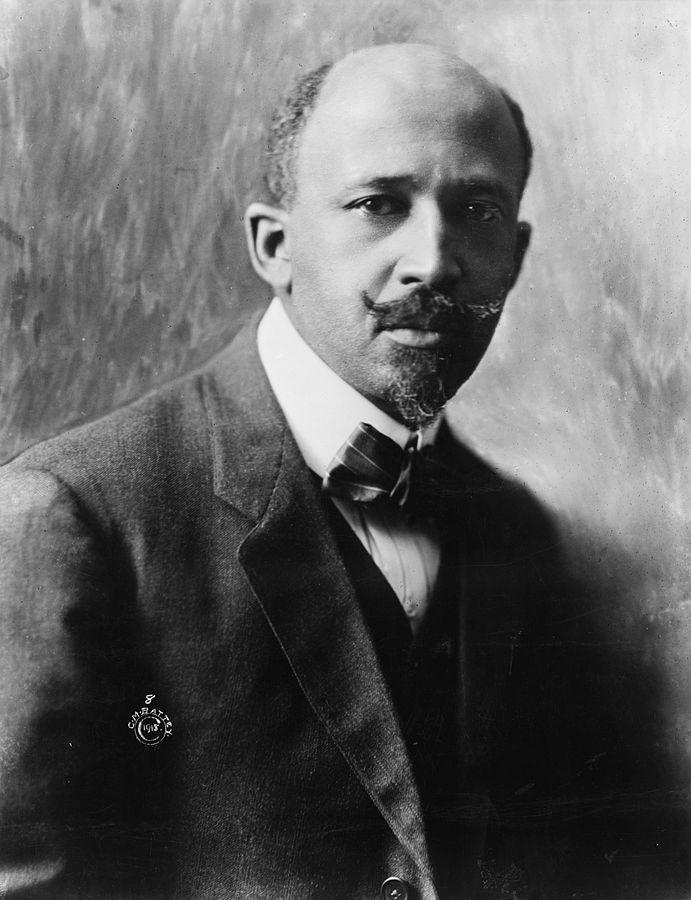Taking race out of human genetics and memetics: We can’t achieve one without achieving the other
OUPblog: Oxford University Press’s Academic Insights for the Thinking World
2016-03-23
Carlos Hoyt

Carlos Hoyt explores race, racial identity and related issues as a scholar, teacher, psychotherapist, parent, and racialized member of our society, interrogating master narratives and the dominant discourse on race with the goal of illuminating and virtuously disrupting the racial worldview. Carlos holds teaching positions at Wheelock College, Simmons College, and Boston University in Boston Massachusetts, and has authored peer-reviewed articles on spirituality in social work practice and the pedagogy of the definition of racism. He is the author of The Arc of a Bad Idea: Understanding and Transcending Race, published by Oxford University Press.
Acknowledging that they are certainly not the first to do so, four scientists, Michael Yudell, Dorothy Roberts, Rob Desalle, and Sarah Tishkoff recently called for the phasing out of the use of the concept/term “race” in biological science.
Because race is an irredeemably nebulous, confused, and confusing social construct, the authors advocate for replacing it with “ancestry.” “Ancestry,” they say, is a “process-based” concept that encourages one to seek information about genomic heritage, while race is a “patternbased” concept that induces one to organize individuals into preconceived hierarchical groupings based on shifting, murky, and contradictory combinations of appearance, geography, ability, worth, and the like.
If biological science seeks and relies on valid and maximally precise population level comparisons between groups, and race is an irrefutably imprecise proxy for consistent and concordant biological/genetic comparison, then of course we should stop using it in biology and switch over to “ancestry,” “genetic heritage,” or some other term that actually gets at what’s real, reliable, and useful. It doesn’t feel like a rocket-science proposition. And yet biological science hasn’t been able to heed the call and make the shift. And I sadly forecast that the shift won’t soon – or ever – be made – unless and until we take the step that even the well-meaning authors of this call for stop short of taking…
Read the entire article here.





